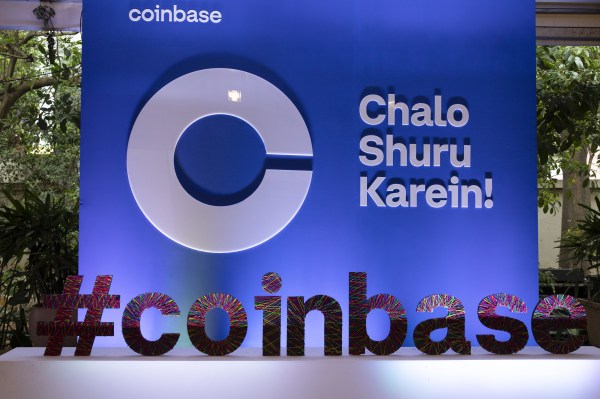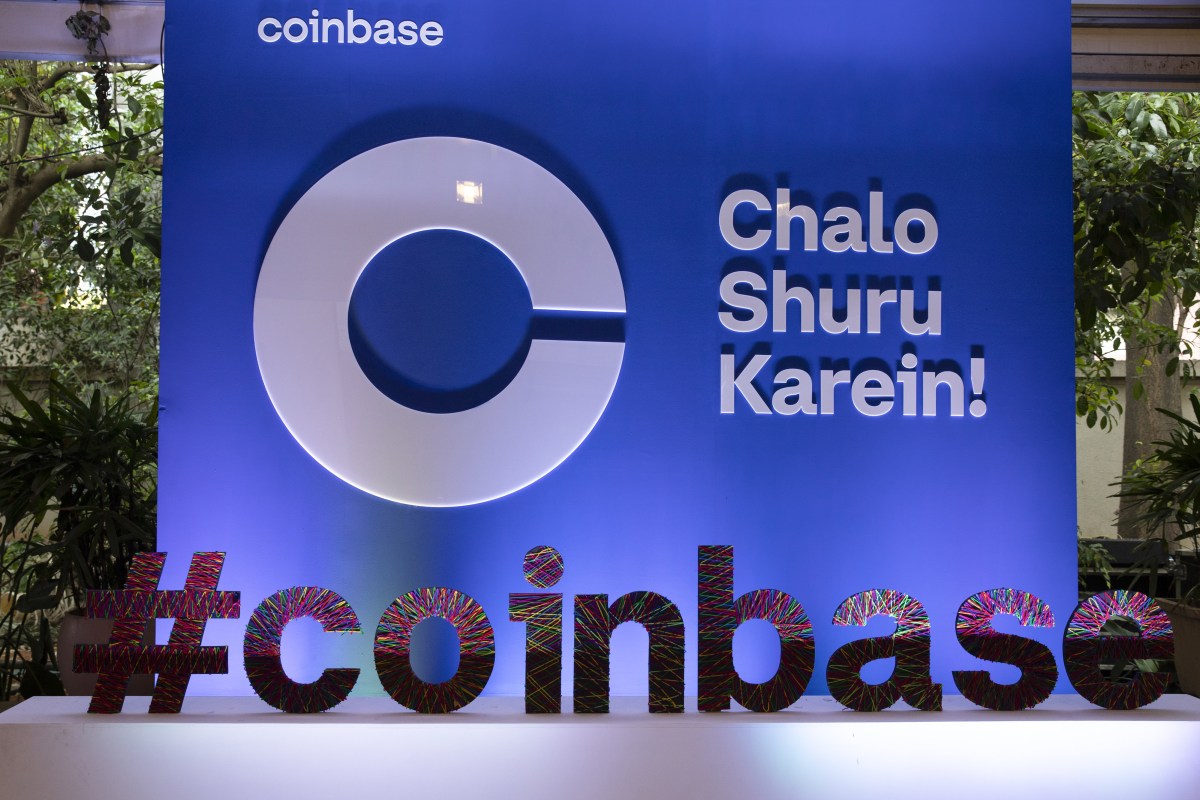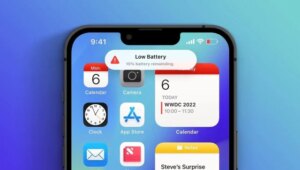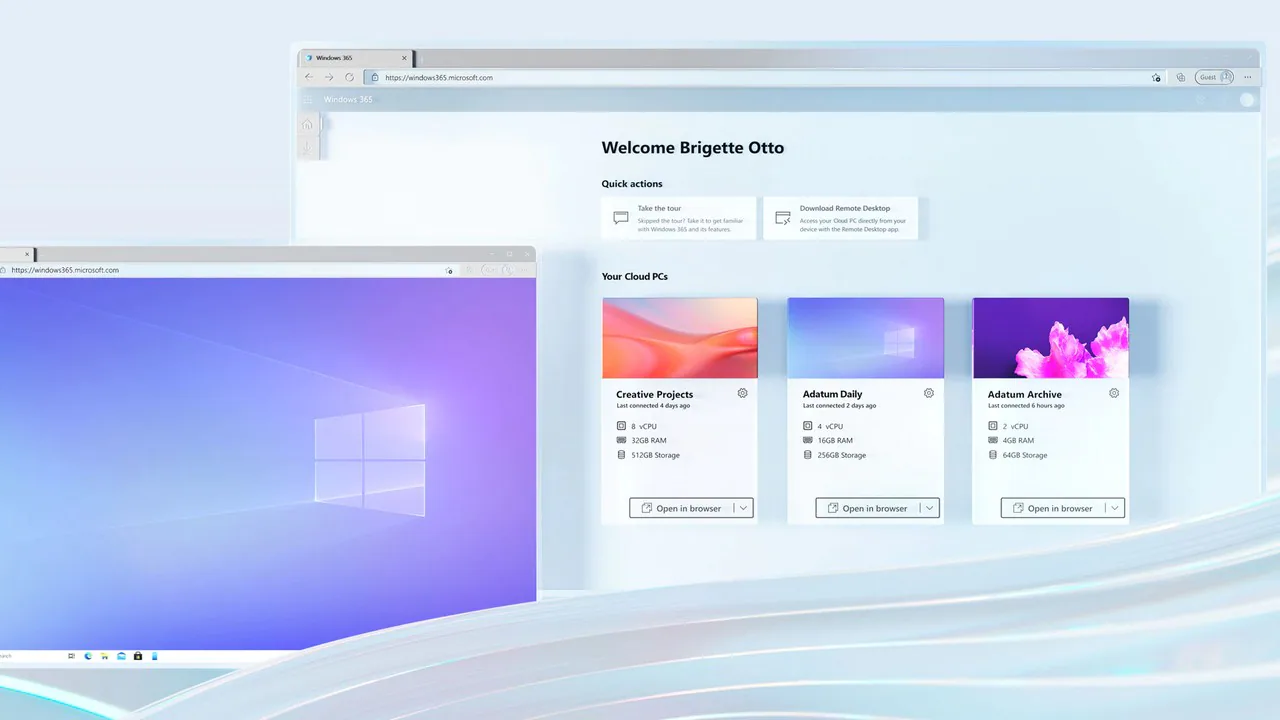
Coinbase plans to cease all exchange services for users in India, it has warned some customers in email, over a year after the company’s debut in the South Asian market faced regulatory challenges.
The global crypto exchange is warning customers that it will be discontinuing services for them after September 25 and advising them to withdraw any funds they have in their account.
Coinbase, which is also an investor in top Indian crypto exchanges CoinDCX and CoinSwitch Kuber, has additionally disabled users in India from signing up to its exchange, prompting them to download the wallet, Coinbase Wallet, instead.
After a year-long endeavor by Coinbase to reinstate its services in India, the company has struggled to gain traction with the local authorities. This ongoing challenge has led to the departure of at least two prominent executives, including Durgesh Kaushik, who joined the firm last year as Senior Director for Market Expansion, but left mere months later.
Coinbase’s chief executive Brian Armstrong flew to India last year to launch the exchange service in the country by adding support for the popular UPI payment instrument.
Hours later, the payments body that oversees UPI refused to acknowledge Coinbase’s India launch and days later Coinbase suspended support for UPI. Coinbase at the time said it was committed to working with NPCI and other relevant authorities and said it was experimenting with other payments methods, something that never materialized.
In May last year, Armstrong said Coinbase had to halt the trading service in India because of “informal pressure” from the Reserve Bank of India, India’s central bank.
Armstrong pointed out that cryptocurrency trading is not illegal in India — in fact, the South Asian nation just recently started to tax it — but there are “elements in the government there, including at Reserve Bank of India, who don’t seem to be as positive on it. And so they — in the press, it’s been called a ‘shadow ban,’ basically, they’re applying soft pressure behind the scenes to try to disable some of these payments, which might be going through UPI,” he said.










